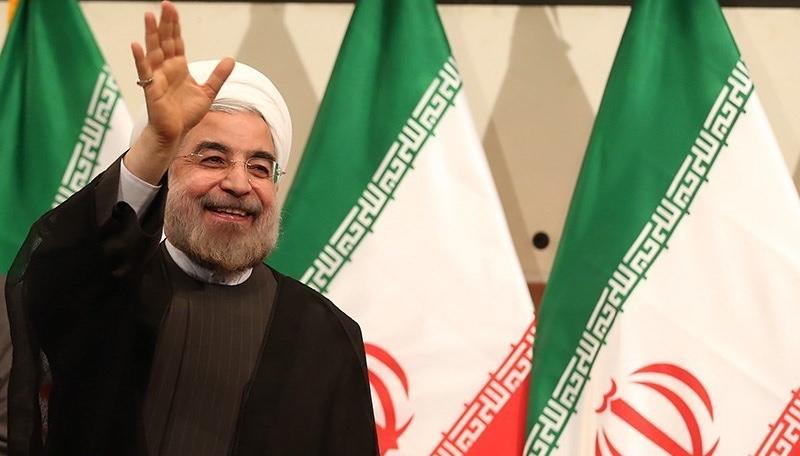President Who Sealed Nuclear Deal Pledged More Rights, Global Ties
Iranian President Hassan Rouhani won a decisive victory for a second four-year term, with more than 41 million of 56.4 million eligible voters casting ballots, and 57 percent granting him their vote. But his platform of loosening political restrictions at home and greater engagement abroad will face challenges domestically and internationally.

Under Iran’s political system, matters of state are ultimately decided by Ayatollah Ali Khamenei, Supreme Leader of the Islamic Republic for nearly three decades. Consequently, elections in Iran might be dismissed as meaningless and futile exercises offering little in the way of meaningful sociopolitical change. The institutional constrains are real, and the spectrum of permitted views undoubtedly restricted.
Nevertheless, the presidency does wield varying degrees of influence on matters of economic, social, cultural and foreign policy. Rouhani and Ebrahim Raisi, his main rival in the race, offered contrasting visions within that spectrum for the May 19 election. Raisi, a conservative whose populist message aimed at winning votes from the lower classes and religious conservatives, finished with 15.8 million votes, or 38.5 percent.
Having secured the nuclear deal with the U.S. and five other world powers during his first term, an important challenge for Rouhani in the second will be to better leverage its benefits into tangible financial gains that trickle down to Iran’s population. Many international sanctions against the Islamic Republic were lifted as a result of the agreement, and Rouhani’s administration has reinvigorated Iran’s crucial oil exports, while taming rampant inflation down to single digits. But unemployment has grown worse, and the presidential hopefuls argued in various measures that they could create millions of new jobs, tackle corruption, increase government handouts and help Iran’s poor.
In the final days of the campaign, Rouhani launched broadsides against key hardline institutions such as state media and the Revolutionary Guards. He clearly was trying to rally supporters of key reformist figures such as former President Mohammad Khatami and get them to the ballot box.
Yet Rouhani’s pledges that “we want freedom of press, freedom of association and freedom of thought” are going to be tested by continuing strong conservative currents. How Rouhani navigates his relationship with the Supreme Leader, and with other key players such as the Revolutionary Guards, will be crucial in developing and implementing the President’s agenda writ large.
On foreign policy, Rouhani can be expected to continue Iran’s slow but steady efforts at increasing trade and improving the country’s international standing. But Tehran’s role in Syria and elsewhere in its immediate neighborhood leaves deep concern in Washington and among U.S. allies in the region, notably Saudi Arabia and Israel.
Secretary of State Rex Tillerson’s statement on Saturday in response to the election drew attention to issues such as Iran’s continued missile tests and support for a “network of terrorism” and for “destabilizing forces” in the Middle East. And President Donald Trump, in a speech to leaders of majority-Muslim nations in Riyadh today, denounced Iran from a platform provided by its arch-rival in the region, Saudi Arabia.
With the nuclear agreement and the Trump administration’s wider Iran policy under ongoing review, Rouhani’s stated goal of “lifting all the non-nuclear sanctions” against Tehran remains a tall order.